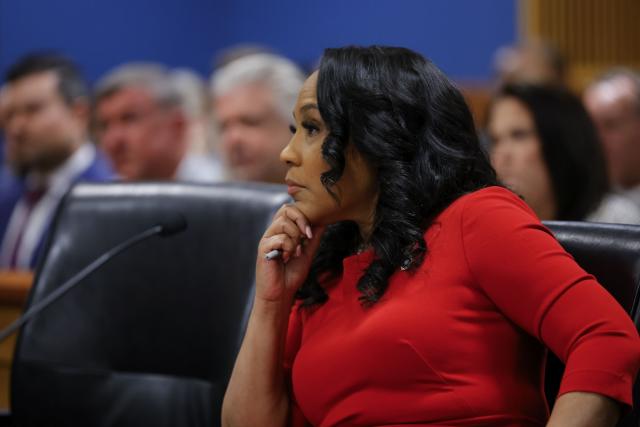Joe Biden’s plan to force everyone into an EV falls flat, new polling reveals
President Joe Biden has a lofty goal of ensuring that two-thirds of new vehicle sales in the U.S. are electric by 2032, and he also aims to build 500,000 charging stations nationwide.
However, a recent survey conducted by Daily Mail reveals that these aspirations might not align with the preferences of most Americans.
Despite offering $7,500 tax credits to individuals purchasing particular EV models, only 29% of respondents said such incentives influenced their buying decision.
A surprising 43% indicated it had no impact at all, while another 15% said it made them less inclined to consider the purchase.
Income Disparity in Electric Vehicle Consideration
A detailed look at the data, analyzed by research agency Opinium, reveals that income plays a significant role in considering an EV purchase.
Only 26% of individuals earning less than $50,000 would contemplate buying an electric vehicle. Contrastingly, 70% of those earning $150,000 or more expressed willingness to switch to an electric vehicle.
Electric vehicles remain more expensive than gas-powered cars despite the government's claims of massive cost savings.
The average cost of a new gas vehicle in May was $47,892, while a typical electric car stood at $65,381.
This pricing disparity is a major barrier across all income brackets, even for higher earners, 59% of whom cited cost as a deterrent.
According to statistics by Motor Intelligence, the growth rate of plug-in vehicle sales increased by almost 50% during the first half of this year. This figure represents a decrease from the 65% growth rate observed for the entirety of 2022.
Concerns about Charging Infrastructure and Cost
A considerable part of Americans' reluctance towards electric vehicles stems from concerns about charging accessibility and potential "charging deserts."
Over three in five Americans -- 65% -- expressed significant worry about running out of charge while driving an EV. Additionally, half of those surveyed said that charging stations were not accessible in their local areas.
Accessibility to charging stations increased with income, with 48% of those earning $100,000 or more finding them accessible, compared to 32% earning less than $100,000.
This discrepancy extends to geographical disparities, too, with the lowest number of charge ports per capita found in states such as Louisiana, Mississippi, Kentucky, and Alabama.
Automakers' Perspective
Automotive giants Toyota and Stellantis expressed last month that the government's push for electric cars might fail due to the underestimation of various challenges.
These include the cost to consumers, shortages in the charging infrastructure, scarcity of minerals for batteries, and the high price of battery-electric vehicles.
Though seven major car manufacturers have pledged to install at least 30,000 chargers in a $1 billion effort beginning in the summer of 2024, experts urge automakers to consider those who may be left behind, particularly in underrepresented communities.






